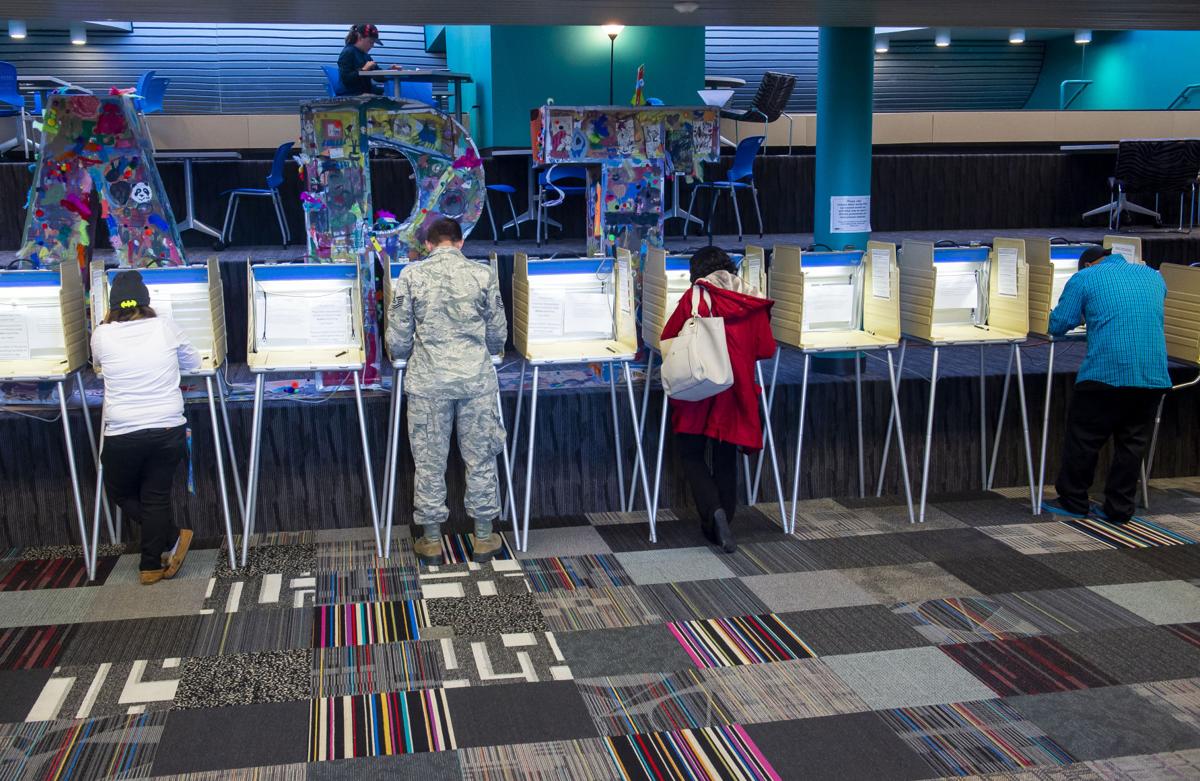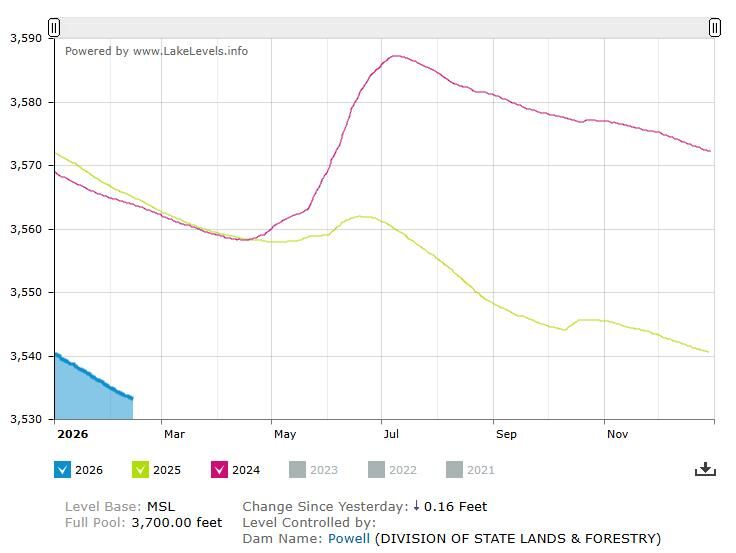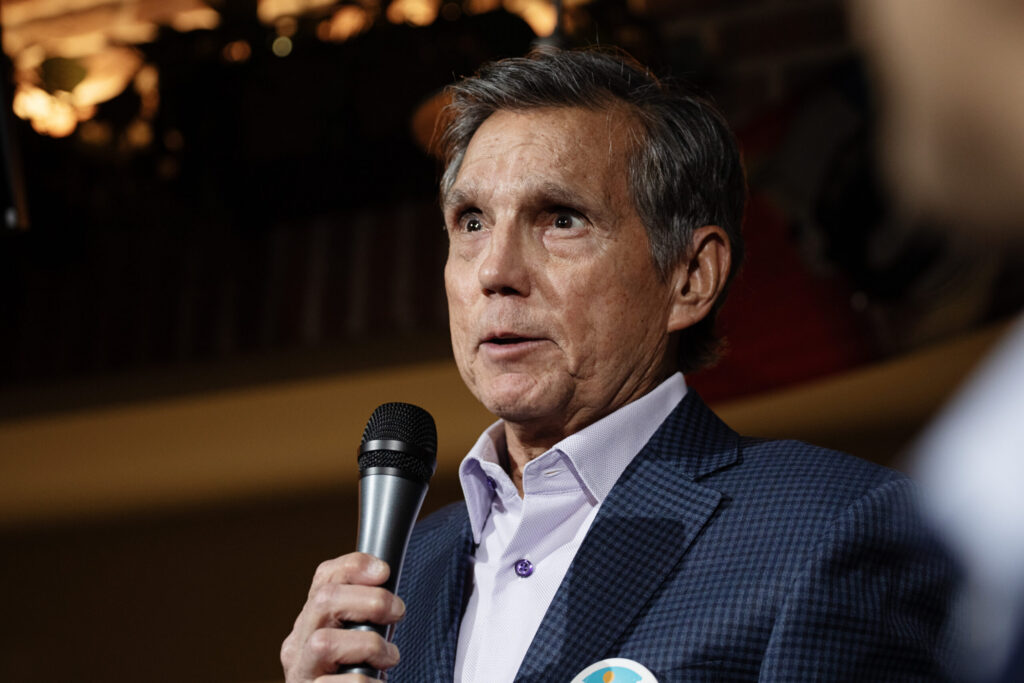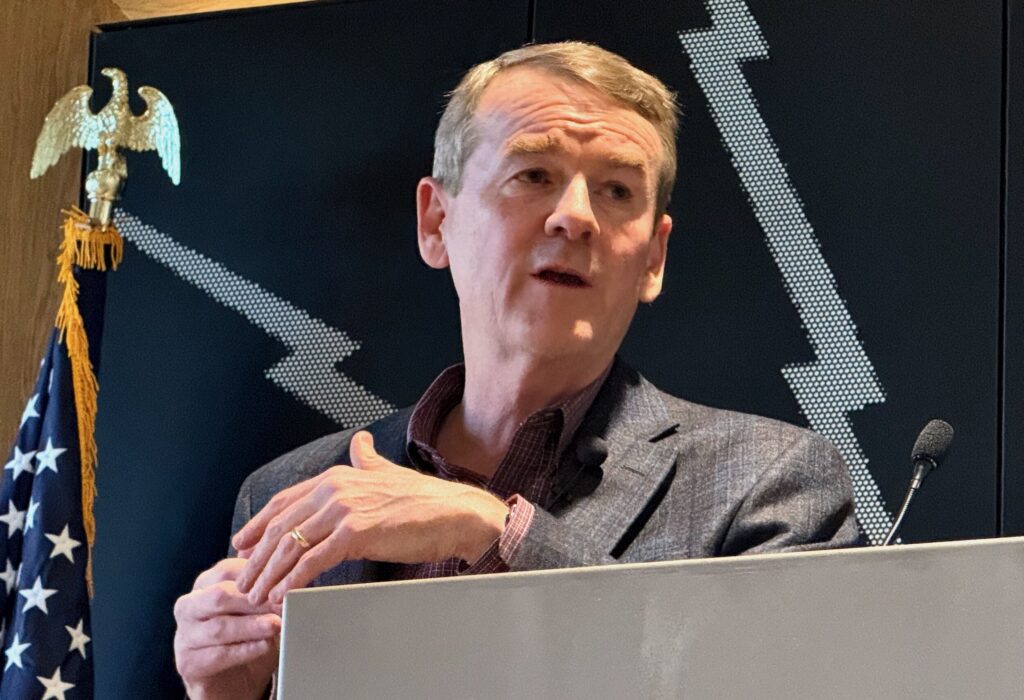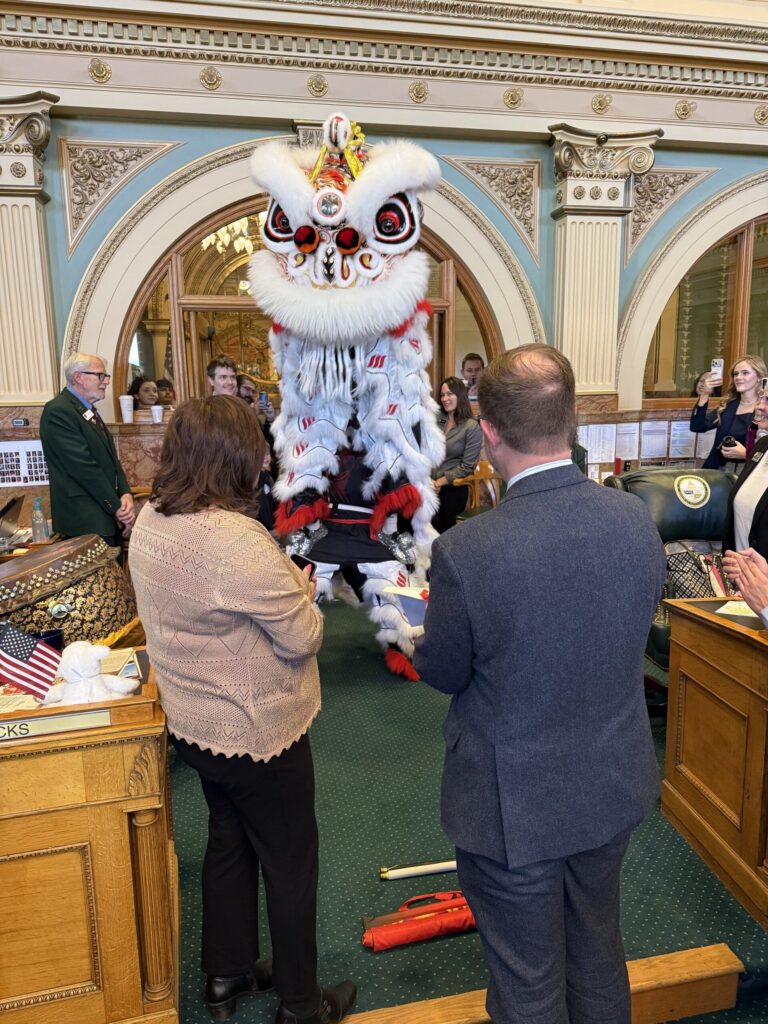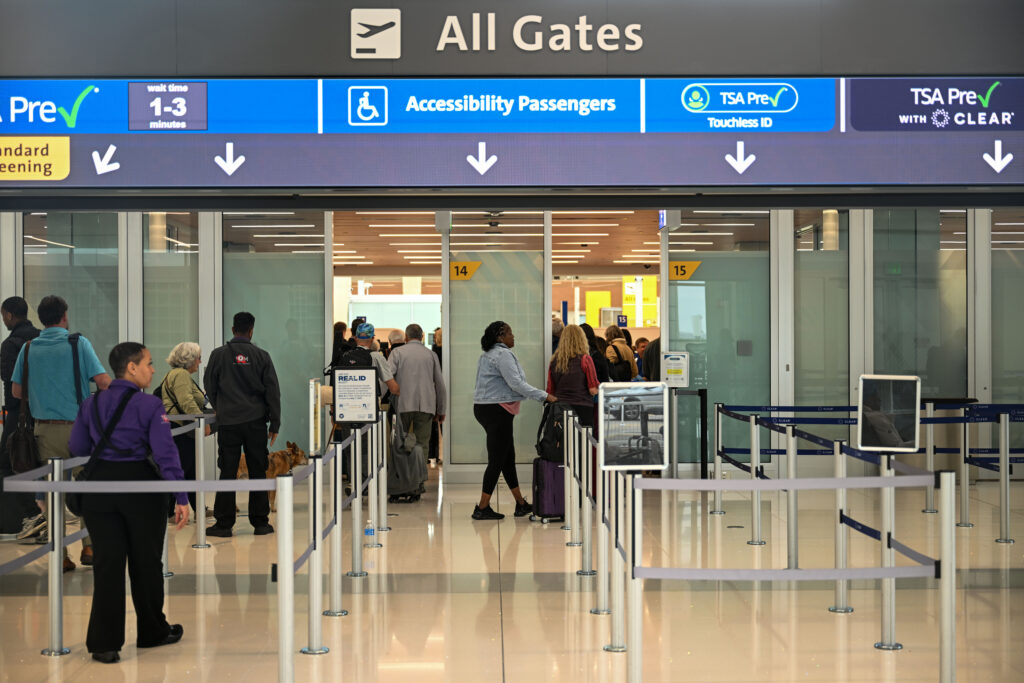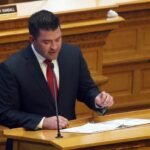Report: Public lands key in midterm election races in Colorado

Public lands played a key role in the 2018 midterm elections in Colorado and across the West, a new report from the Center for Western Priorities showed.
“What we found that there are a group of nonpartisan voters that value living in the West and live here because they value the access to public lands for outdoor recreation,” said Jennifer Rokala, the center’s executive director. “They have a heightened awareness of public lands policy and how population growth, (President Donald) Trump’s rollbacks on protections and energy development are affecting their ability to enjoy those lands as they maybe have for decades.”
The Trump administration sparked outrage from environmentalists with moves to reduce the size of Bears Ears and Grand Staircase-Escalante monuments, ramp up fossil fuel development on public lands and declaw environmental protections.
Colorado’s crucial spring runoff expected to be below average due to 2018 drought
The report, released Wednesday by the nonpartisan conservation and advocacy organization based in Denver, showed that 20 of 22 political races in Arizona, Colorado, Montana, Nevada and New Mexico featured “significant pro-public lands advertising or public lands messaging.”
This included campaign promises to protect public lands and expand access for recreationists as well as the use of images of public lands in political ads.
One of the 20 was the race for governor of Colorado, in which Democratic U.S. Rep. Jared Polis defeated Republican former state Treasurer Walker Stapleton. The report highlighted Polis’ Keep Colorado Wild plan to protect public lands as well as his creation of the microsite Hands Off Our Lands, which called out Stapleton’s plan to privatize public lands and open them to energy development.
Colorado voters
- 74 percent of Coloradans oppose opening public lands close to national parks and monuments for oil and gas drilling
- 86 percent believe that public lands and outdoor recreation opporutnities are important to attracting good jobs and innovative companies
- 89 percent support requirements that oil and gas companies detect and repair leaks in natural gas drilling equipment
When asked about the importance of the outdoors in his campaign, Polis said, “Our public lands and beautiful landscapes are why so many people love Colorado. The voice of the outdoor industry is strong in our state and many others. I have no doubt it will continue growing.”
Polis’ platform earned him endorsements from various environmental and outdoor recreation organizations, including the Outdoor Industry Alliance, Conservation Colorado, the Sierra Club and the National Wildlife Federation.
Outdoor Industry Alliance deemed the Polis-Stapleton race one of the 34 to watch in its #VoteTheOutdoors campaign, which sought to place public lands and outdoor recreation at the forefront of voters’ minds. Twenty of its 23 gubernatorial and congressional endorsements across the country won. Five of its six ballot measure recommendations, including Colorado Amendment 74, were heeded.
Outdoor Industry Alliance’s Executive Director Amy Roberts did not respond to requests for comment.
Also of note in Colorado elections were Democratic victors Attorney General Phil Weiser and Jason Crow, who defeated incumbent Mike Coffman for the state’s 6th Congressional District.
Though Colorado’s pro-public lands politicians leaned left, conservation was bipartisan in other state races. Incumbent U.S. Rep. Greg Gianforte, a Republican running against Democrat Kathleen Williams, consistently highlighted his promises to defend rights “to hunt, fish and recreate on public lands” and not sell “Montana’s public lands to the highest bidder.”
Rokala said the bipartisan examples are proof that public land issues are apolitical for voters in the West.
“Neither candidate would lose core supporters by running on a platform that protects public lands,” she said. “It’s a nonpartisan issue.”
Read the full report here.
